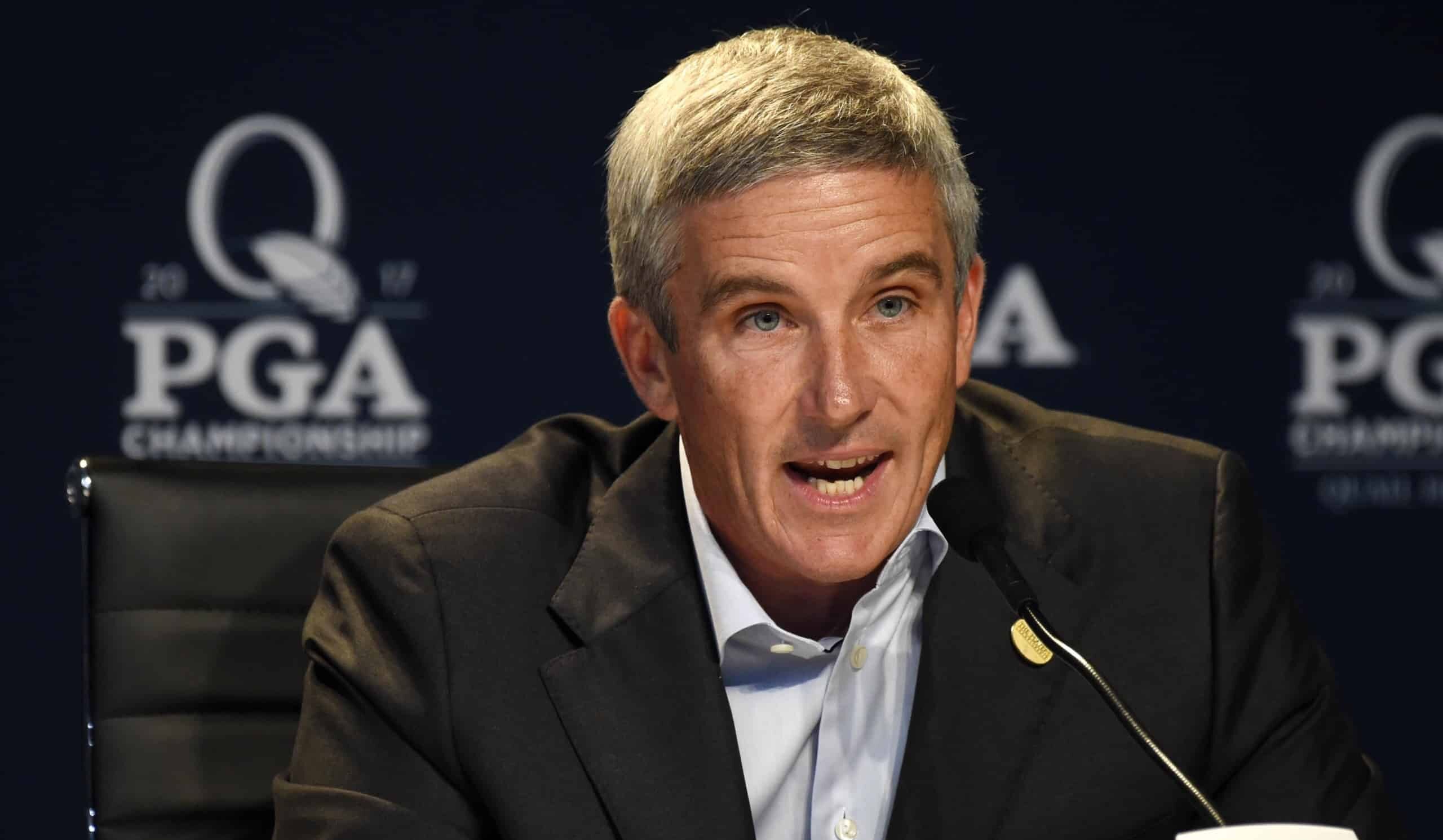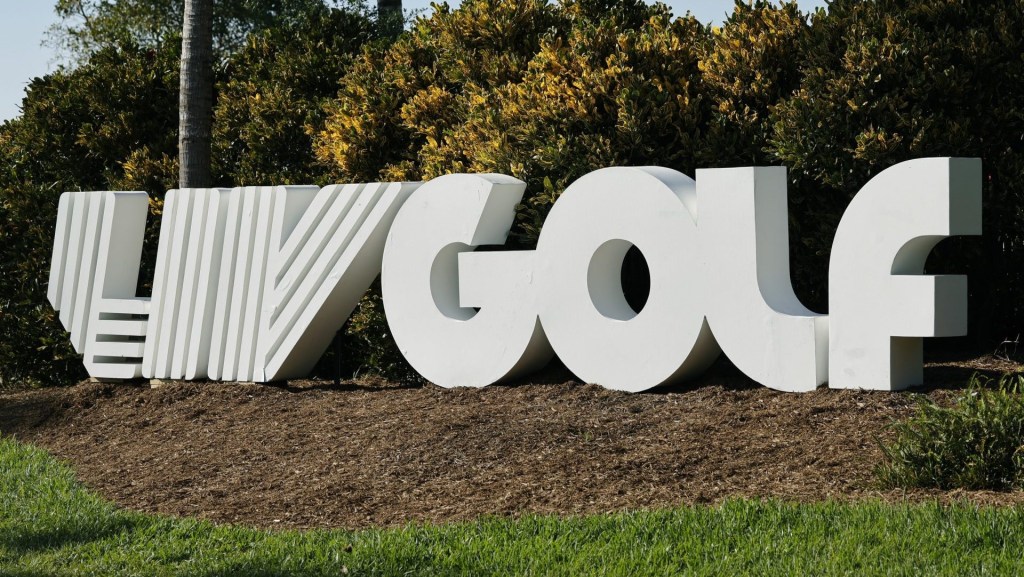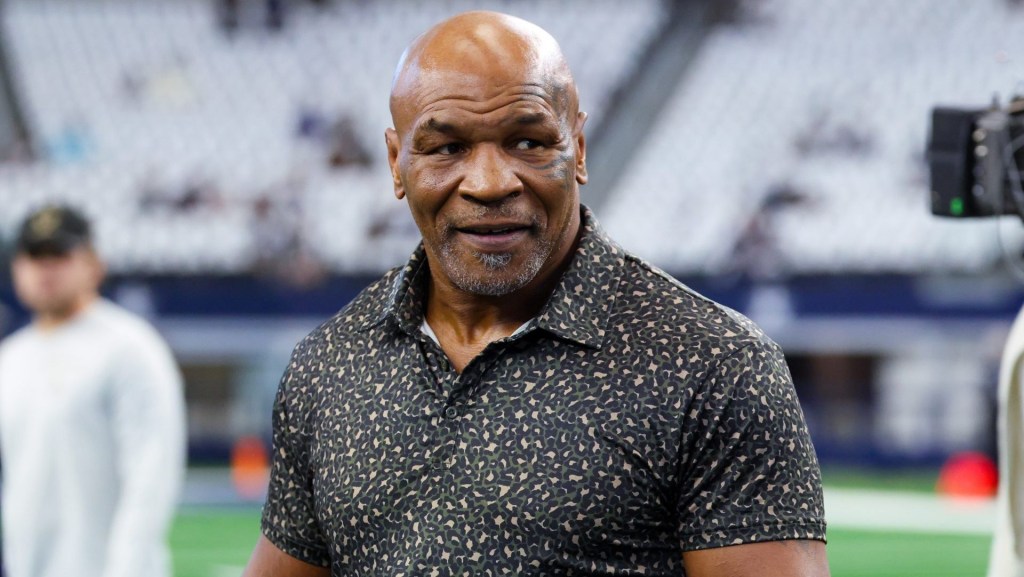Details of the PGA Tour-LIV Golf-DP World Tour merger have been trickling out since Tuesday morning’s unexpected announcement. Still, there is already at least some concern about how regulators inside and outside the U.S. will view the deal.
“This merger creates a golf monolith,” Jodi S. Balsam, a Brooklyn Law School professor, told Front Office Sports.
For the last year, the Justice Department had been investigating the PGA Tour over allegations of anticompetitive behavior related to its efforts to thwart LIV Golf — many of the same issues that were part of the civil antitrust case the two organizations have been embroiled in since August.
The lawsuit and a related appeal by the Saudi Public Investment fund that provided just about all of LIV’s financial backing will be dismissed as the result of the merger.
The agreement, however, won’t halt the DOJ’s probe of the PGA Tour’s conduct, although just how the merger is structured will interest investigators.
“The focus of the DOJs investigation is how the media rights restrictions imposed on these elite golfers affect the market for pro golfers,” Balsam said. “They were concerned about all the exclusivity provisions imposed by the PGA Tour on its member golfers, and how those provisions resulted in those golfers who defected to LIV being denied access to opportunities to ply their trade.
“I think one of the details that the.DOJ will be most interested in is, will we see a continuation of these types of labor, exclusivity, and non-compete regulations.”
In the lawsuit, LIV Golf — which became the lead plaintiff in the months after it was initially filed in the U.S. District Court for the Northern District of California — alleged that the PGA Tour wielded its monopolistic power in several areas:
- Threatening lifetime bans on players who signed with LIV Golf forced LIV to overpay for talent.
- Keeping PGA Tour members, who are independent contractors, in playing in competing events.
- Pressuring sponsors, TV partners, and others not to enter into deals with LIV Golf.
A DOJ spokesperson decline comment when reached by FOS on Tuesday.
Under President Joe Biden, the DOJ has sued to block the mergers of JetBlue and Spirit Airlines, Penguin Random House’s and Simon & Schuster, and UnitedHealth Group and Change Healthcare.
But it’s not just the DOJ that will have a say on whether this merger will be approved. The Federal Trade Commission and EU and UK regulators will also be involved.
The merger doesn’t just include LIV Golf, PGA Tour, and DP World Tour, but also the series that they operate or have agreements with worldwide, from the PGA’s Korn Ferry Tour feeder series to LIV’s deal with the Middle East and North Africa (MENA) Tour.
“The argument will center on defining the relevant market, as always is the case in antitrust,” Balsam said. “If the product is all professional sports for television rights, golf is actually a bit player.
“But if the antitrust regulators perceive the market to be far narrower and the [scope] is limited to just professional golf viewing and sponsoring opportunities, then by all measures, it’s a monopoly that needs to be more closely reviewed and regulated.”



![[US, Mexico & Canada customers only] Feb 6, 2026; Riyadh, SAUDI ARABIA; Jon Rahm in action during the third round of play at LIV Golf Riyadh at the Riyadh Golf Club.](https://frontofficesports.com/wp-content/uploads/2026/03/USATSI_28173562_168416386_lowres-scaled.jpg?quality=100&w=1024)

![[Subscription Customers Only] Jun 15, 2025; Seattle, Washington, USA; Botafogo owner John Textor inside the stadium before the match during a group stage match of the 2025 FIFA Club World Cup at Lumen Field.](https://frontofficesports.com/wp-content/uploads/2026/02/USATSI_26465842_168416386_lowres-scaled.jpg?quality=100&w=1024)
![[Subscription Customers Only] Jul 13, 2025; East Rutherford, New Jersey, USA; Chelsea FC midfielder Cole Palmer (10) celebrates winning the final of the 2025 FIFA Club World Cup at MetLife Stadium](https://frontofficesports.com/wp-content/uploads/2026/02/USATSI_26636703-scaled-e1770932227605.jpg?quality=100&w=1024)










